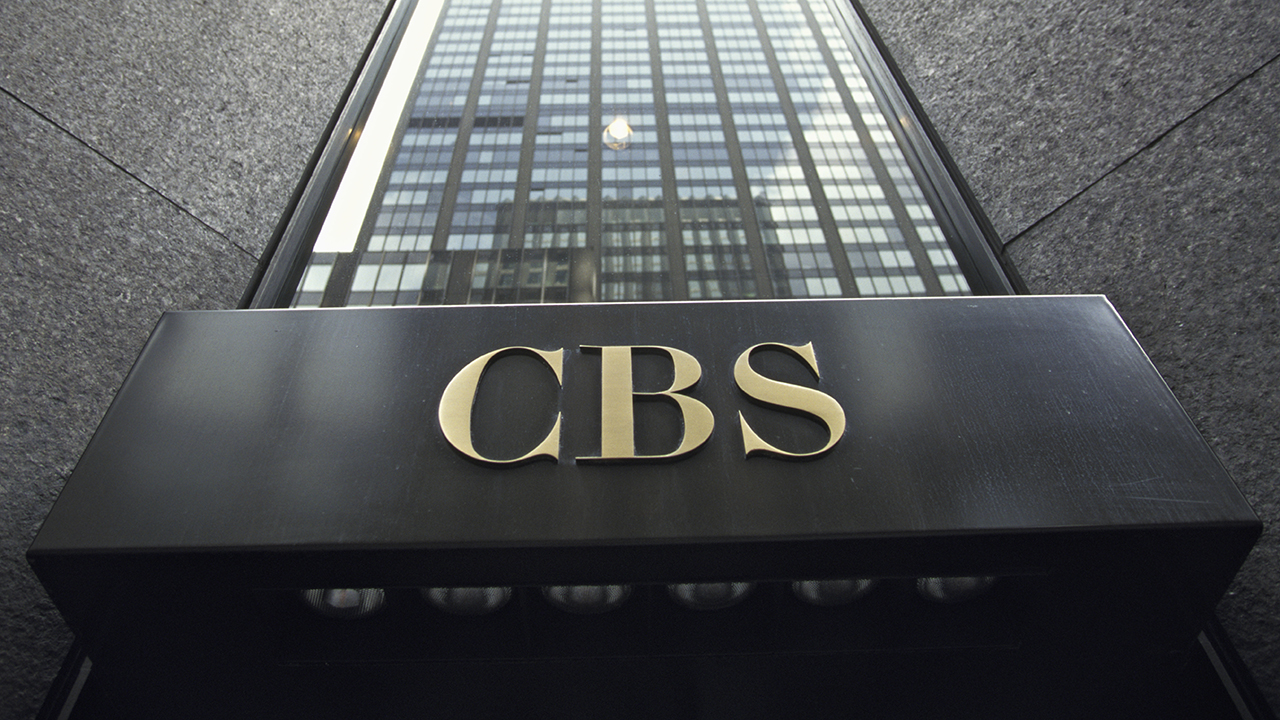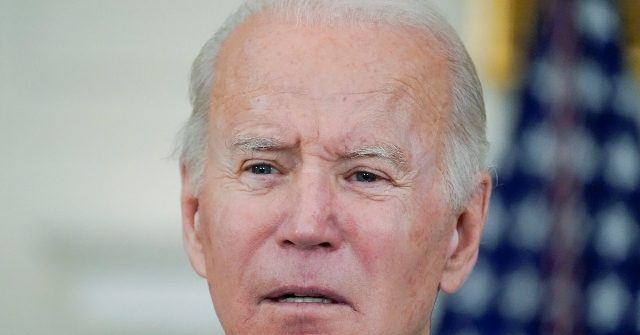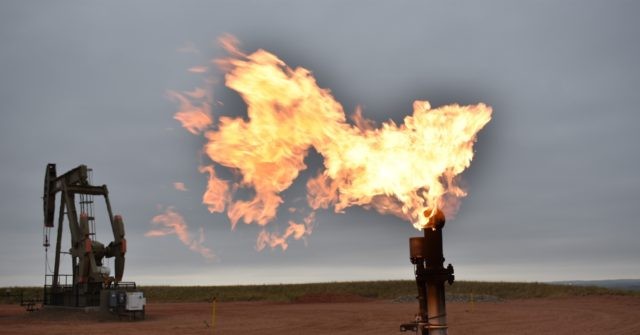President Joe Biden has tapped the nation’s emergency reserves several times over the past year. The Strategic National Stockpile is just one of the reserves that the United States maintains for econ…

www.cfr.org
What is the Strategic Petroleum Reserve?
The SPR was created in response to the 1973 oil embargo by the
Organization of Petroleum Exporting Countries (OPEC), imposed as retaliation for the United States’ support of Israel during the Fourth Arab-Israeli War. The Energy Policy and Conservation Act, signed into law by President Gerald Ford in 1975, created the SPR to shield the U.S. economy from future oil supply shocks, including those engineered by oil-producing countries attempting to gain foreign policy concessions.
The president may authorize a withdrawal from the SPR in response to a “severe energy supply interruption,” or order a more limited drawdown of up to thirty million barrels. Only
three such authorizations have occurred: in 1991, during Operation Desert Storm; in 2005, in response to Hurricane Katrina; and in 2011, during the conflict in Libya. The SPR can also be used for so-called exchange agreements, under which oil is effectively loaned during a supply disruption to a refiner that then must repay it along with additional barrels. These agreements have occurred more commonly, including after Hurricane Harvey in 2017. Congress has at times mandated the sale of oil from the SPR to raise revenue.
In November 2021, President Joe Biden authorized the release of fifty million barrels of oil from the SPR in response to rising gasoline prices—the largest release in the reserve’s history.
Up to 4.4 million barrels can be withdrawn per day, with the oil taking about two weeks to reach the market from the time of the president’s declaration. For comparison, the United States consumed about eighteen million barrels of oil per day in 2020, according to the U.S. Energy Information Administration.

 www.foxnews.com
www.foxnews.com





 ing maroon
ing maroon